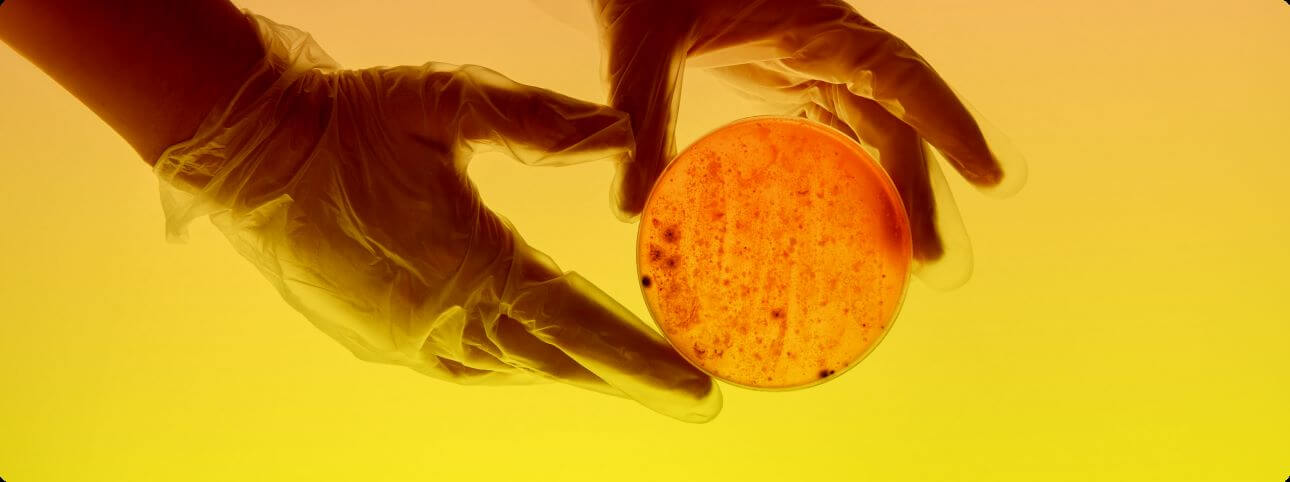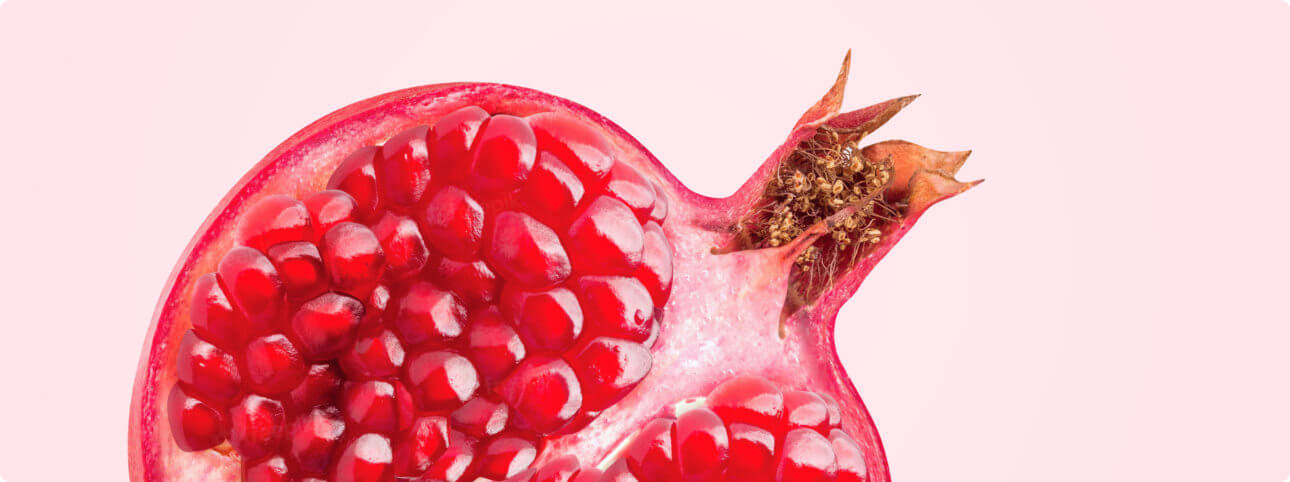In and on your body live billions of bacteria, viruses and fungi. The bacteria in the gut biome play an important role in processes important to the body. They are essential for our health. What to do if your gut flora gets disturbed? Easly provides tips.

The microscopic world in your gut is all about the balance between good and bad bacteria. The good bacteria help your body function optimally. For instance, they help digest complex carbohydrates and fibre. They also make fatty acids and ensure vitamin absorption. The “bad bacteria”, on the other hand, make you sick when they get the upper hand.
There can be several reasons for your gut biome becoming disrupted:
- With the use of antibiotics, good bacteria are also affected. In this way, the balance between good and bad bacteria gets upset.
- Too much stress is bad for your defences and gives opportunistic bacteria a chance to make you sick
- A radical change in your diet.
- Not eating enough fibre or eating too many highly processed foods.
- Some diseases affect the microbiome.
Intestinal flora in disarray? The symptoms
The most common symptoms of a compromised intestinal biome are diarrhoea, constipation, bloating, abdominal pain and flatulence. However, these symptoms can also occur with other medical problems. Are you suffering from symptoms? Is your gut flora healthy? Only a microbiome test can provide certainty about the state of the microbiome in your gut. With this handy self-test, you can quickly find out how you are doing.


The consequences of an imbalance in your gut
The consequences of a long-term dysregulated stomach are not minor. When digestion does not function optimally, important nutrients – vitamins, minerals – are not absorbed into the blood. This can cause all kinds of health problems. Poor gut health can also lead to anaemia. Gut bacteria train the immune system to some extent, so your defences can also be affected by an imbalance in your gut
In addition, a compromised gut biome interacts with diseases such as colon cancer, different autoimmune diseases, type 2 diabetes, and Crohn’s disease.
Restore your gut flora: five nutrition tips
With the right diet, you can restore your stomach and intestinal flora. These are habits that will get you started:
- Eat lots of dietary fibre. You will then feel satiated sooner and put the right bacteria to work, using these fibres as fuel.
- Drink plenty of water.


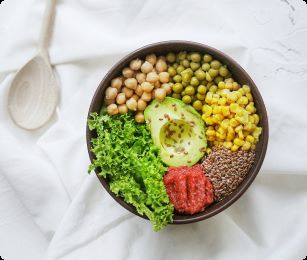
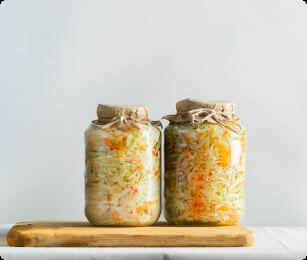
- Eat probiotics such as buttermilk, raw sauerkraut and yoghurt. These contain live lactic acid bacteria (lactobacilli and bifidobacteria) that survive stomach acid and then make their way to the intestines. Tip: to see an effect, it is important to take probiotics daily for a longer period of time.
- Prebiotics are also good for your gut flora. These are foods containing dietary fibre that promote the growth of good bacteria. Examples of prebiotics are:
– onion
– garlic
– bananas
– oats.
- Eat plenty of fruit and vegetables and make sure you have enough variety. The latter ensures that more types of bacteria are introduced into your gut biome. Variety benefits your gut health.
Related tests
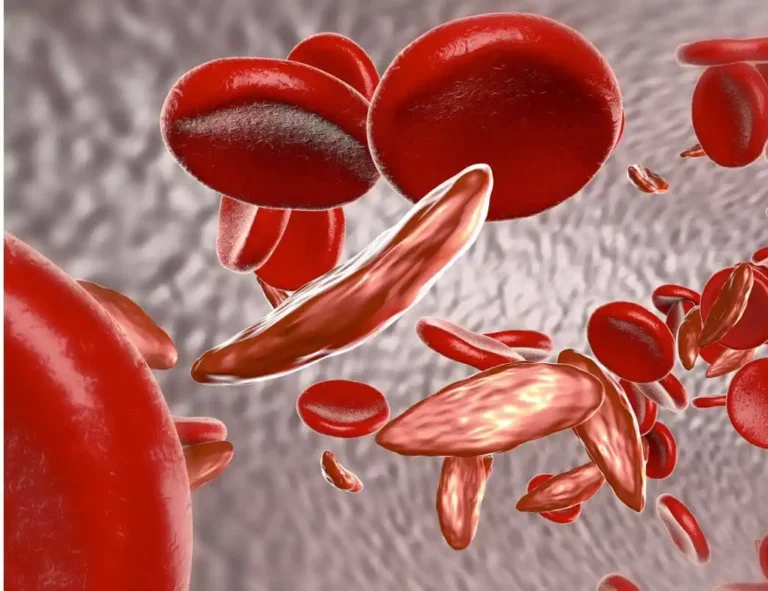
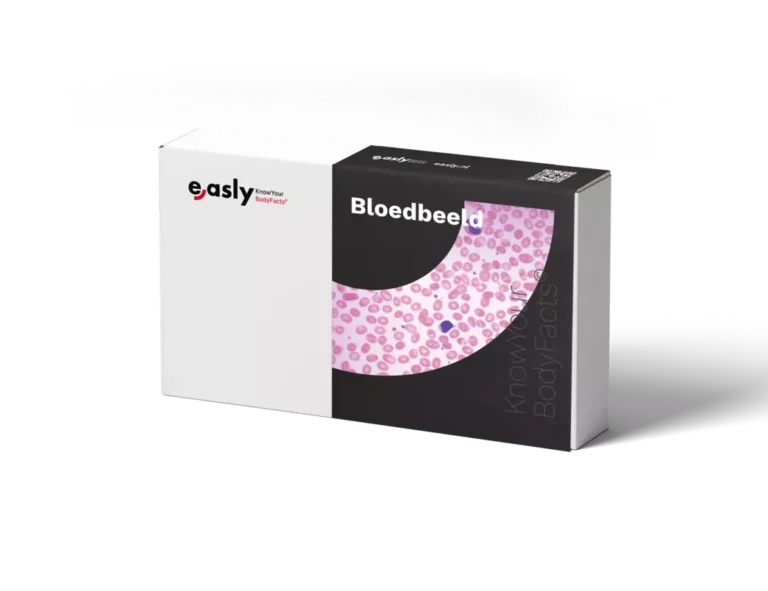
Foods better to avoid
In a balanced diet that strengthens gut flora, it is better to omit the following foods:
- Highly processed foods – think crisps, sweets etcetera – are a feast for the bad bacteria in your gut. They can then multiply, taking away the balance.
- Sugar is also fuel for bad bacteria and fungi. Therefore, stick to natural sugars as much as possible, such as in fruit and freshly squeezed fruit juice. While these products contain sugar, they also contain important nutrients such as fibre and vitamin C. These important nutrients are not found in products with refined sugars. Sweets, soft drinks and biscuits? Try to ignore them.



In addition, it is wise to avoid antibiotics as much as possible and only use them when really necessary. A course of antibiotics does not distinguish between good and bad bacteria and reduces resistance. Moreover, you would do well to keep your stress levels in check.
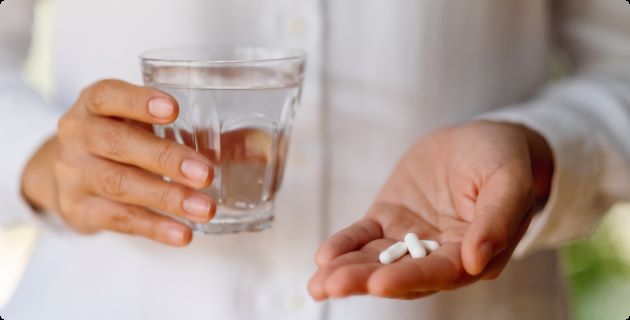
How long does it take for your gut flora to recover?
Every person has a unique microbiome that is built up over a lifetime. Therefore, restoring the gut microbiome is not a matter of days, but of months. Sometimes it can take up to two years for your gut microbiome to return to what it was before. A microbiome self-test can tell you where you are in the recovery process. Just as important as adjusting your diet, is that you keep up the adjusted eating habits. Because perseverance wins, even when it comes to gut health.






